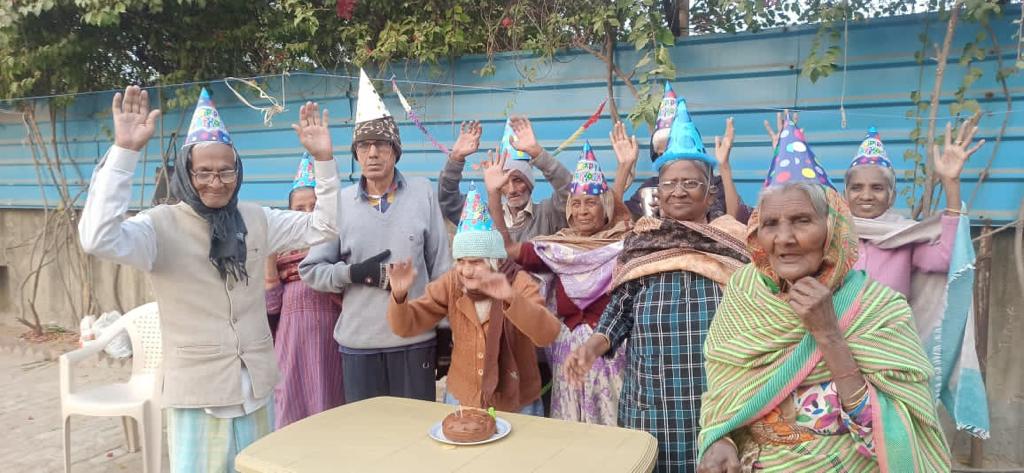It is a moral duty of us to take care of the elderly. Our parents and elders sacrifice their golden days with a smiling face while they help us in shaping our own lives. During their ageing days, they also want support, love, and care from us. So we need to provide assistance to them during their old days.
It is very unfortunate that in some families, the elderly are not given due respect and are treated badly. They are neglected and abandoned by their own children for petty things in life. Such elderly people have to take shelter in old age homes.
There are so many misconceptions related to ageing. I will clarify a few of them in this series.
Who is considered as an elderly person?
The World Health Organisation (WHO) has set 55 as the beginning of old age. At the same time, WHO recognizes that the developing world often defines old age, not by years, but by new roles, loss of previous roles, or inability to make active contributions to the society.
Most developed Western countries set the age of 60 to 65 for retirement. Being 60–65 years old is usually a requirement for becoming eligible for senior social programs. Thus, old age has been divided into chronological categories:
Young-old (ages 65 to 74)
Middle-old (ages 75 to 84)
Old-old (ages (85 and older)
Population
The number of people over age 60 as a share of the total Indian population is rising each year. The proportion of elderly will increase from 8% in 2015 to 19 % in 2050, according to a country report published by the UN Population Fund (UNFPA, 2017).
What is Ageing?
Ageing is a natural process, which inevitably occurs in the human life cycle. It brings with it a host of challenges in the life of the elderly, which are mostly engineered by the changes in their body, mind, thought process and the living patterns.
Ageing refers to a decline and the functional capacity of the organs of the human body, which occurs mostly due to physiological transformation (physiological changes for ex- hair turns gray, bones become fragile, skin becomes dry and brittle, weak digestive system weak eye and hearing loss etc).
Common conditions in older age include hearing loss, cataracts and refractive errors, back and neck pain and osteoarthritis, chronic obstructive pulmonary disease, diabetes, depression, and dementia.
In Part 2, more information will be shared on the different forms of abuse the elderly have to face, and what sources are available for those who are looking for aid and support. Stay tuned!
About the Author
Rashmi Chauhan is the Project Officer of Mann ka Tilak, the Wishes and Blessings old age home. She loves cooking and talking to people, whether old or young.


